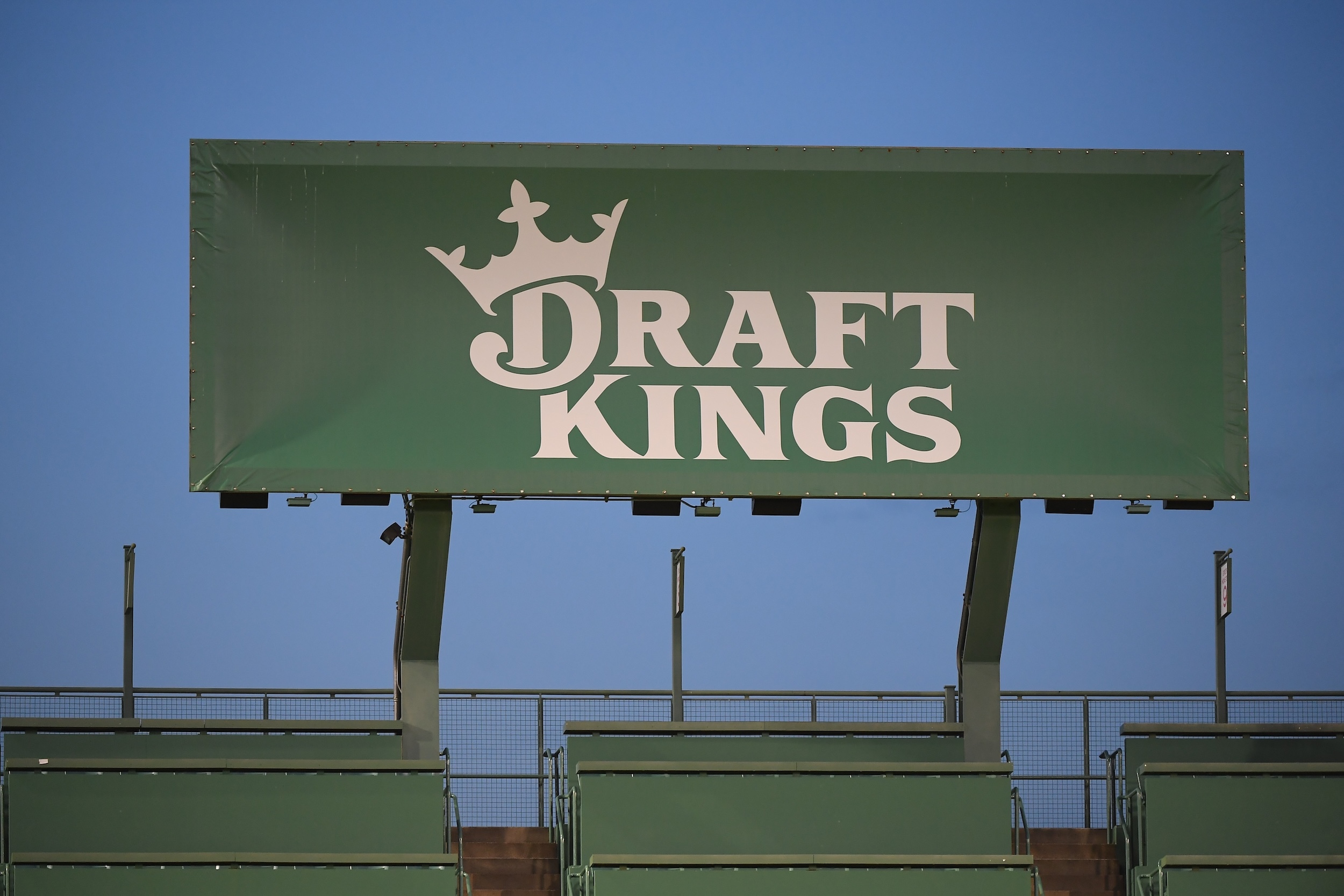The National Football League Players Association filed a lawsuit Monday in U.S. District Court against DraftKings, accusing the sportsbook and daily fantasy operator of breach of contract. At issue is an apparent attempt by DraftKings to wriggle out of millions of dollars in licensing fees it allegedly owes the NFLPA as part of the gambling company's failed NFT venture, Reignmakers.
The complaint (embedded below) says that DraftKings "placed a large bet on the future of non-fungible tokens (NFTs)" with its Reignmakers program, one which involved committing "substantial guaranteed payments" to the NFLPA in order to license the names, images, and likenesses (NIL) of current NFL players. DraftKings abruptly shut down the Reignmakers program at the end of July, after three years of relatively stable operation, stranding its base of players with vast holdings of worthless digital tokens, and attempted to terminate its NIL contract with the NFLPA. The NFLPA, in its lawsuit, says DraftKings "assumed the risks inherent in its product" when it leapt into the horseshit NFT business, and should not be allowed to back out of guaranteed payments now that the scam has failed.
The lawsuit published in the docket redacts all the dollar amounts of the guaranteed payments, as well as the amount of relief sought by the NFLPA. Helpfully, it does not redact the compensation figures of five corporate officers of DraftKings: Jason Robins, CEO; Matthew Kalish, President of DraftKings North America; Paul Liberman, President of Global Technology and Product; R. Stanton Dodge, Chief Legal Officer; and Jason K. Park, Chief Financial Officer. Using publicly reported financial data, the NFLPA says these five geniuses have pulled in roughly $261 million in compensation since the 2021 launch of Reignmakers, which the complaint says is "approximately quadruple" what DraftKings still owes in guaranteed payments to the NFLPA. My trusty calculator tells me that DraftKings is attempting to get off the hook for something like $65 million in licensing fees.
DraftKings apparently cited to the NFLPA a clause in the licensing agreement that allows for the termination of the deal if "a government, regulatory or adjudicatory body" determines that the NFTs featuring the likenesses of NFL players constituted securites. The lawsuit says that DraftKings is invoking this clause on the basis of its own failed motion to dismiss, in which the judge in the case found only that the plaintiff in the suit can plausibly make the argument in court that Reignmakers NFTs are securities. As the case is still pending, obviously this ruling falls way short of a formal determination, and merely describes what the plaintiff is allowed to argue before a civil jury. As the NFLPA sees it, the whole roll-up of Reignmakers is DraftKings hoping to escape its obligations due to its own "inability to profitably commercialize the intellectual property it licensed."
What a strange summer of public humiliation it's been for DraftKings. The company reported its first-ever profitable quarter of business, but received an unfavorable ruling on a motion to dismiss in a still-pending lawsuit in which it stands accused of selling unregistered securities and exploiting vulnerable retail investors in its NFT products. This led to the decision to yoink Reignmakers just weeks out from the start of the NFL season. Days later, while the company was still sorting out a buyback program for thousands upon thousands of entirely worthless Reignmakers digital tokens, Robins told CNBC that DraftKings would soon be adding fees to winning bets placed in certain states, a sharp departure from the longstanding practice of casinos taking their profits not from winners but from losers. It was in that same week that DraftKings contacted the NFLPA, says the lawsuit, and informed the latter that the company "would no longer abide by its payment obligations."
DraftKings was forced to abandon the fees idea, just two weeks after having announced it, when the parent company of its primary competitor, FanDuel, told Bloomberg that it would not be adding any surcharges to bets made on its platform. Now DraftKings is back in the news for reneging on a deal with NFL players, setting the NFLPA's lawyers up to do a nice little tap dance on "a leading sports gambling company" whose profits come from the "simple premise" that "if a DraftKings customer places a losing bet, that customer must still pay up." So after beating earnings-per-share estimates, raising its revenue guidance for the year, and announcing a $1 billion stock buyback plan, DraftKings stock today is about 19 percent cheaper than it was exactly six months ago, before the company had proven that it could finally make money in the gambling business. The inability, noted by the NFLPA in this lawsuit, to profitably commercialize things is at this point the defining characteristic of DraftKings as a going concern. Maybe Robins should bring back the fees, to help pay the company's mounting legal expenses.






